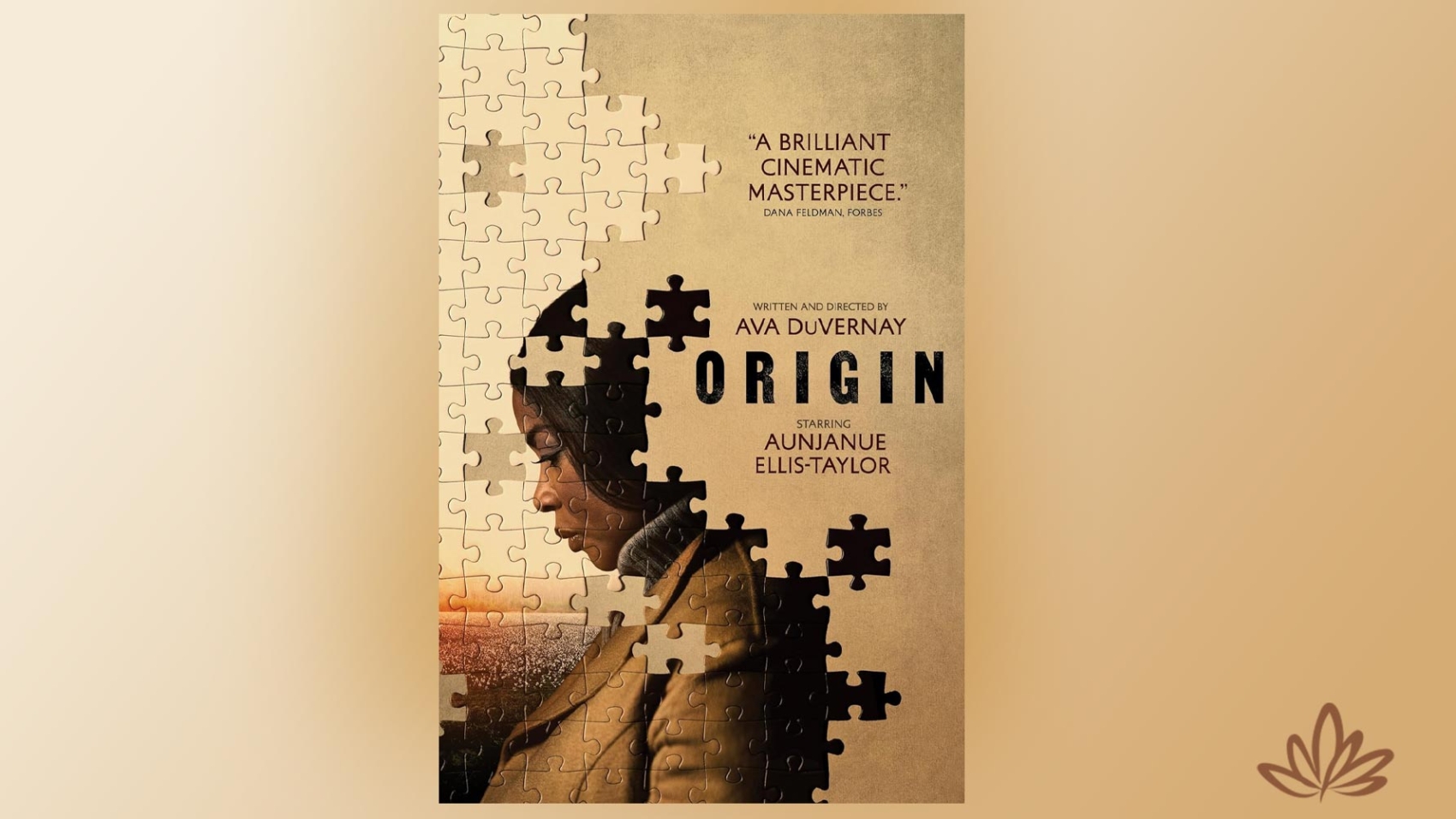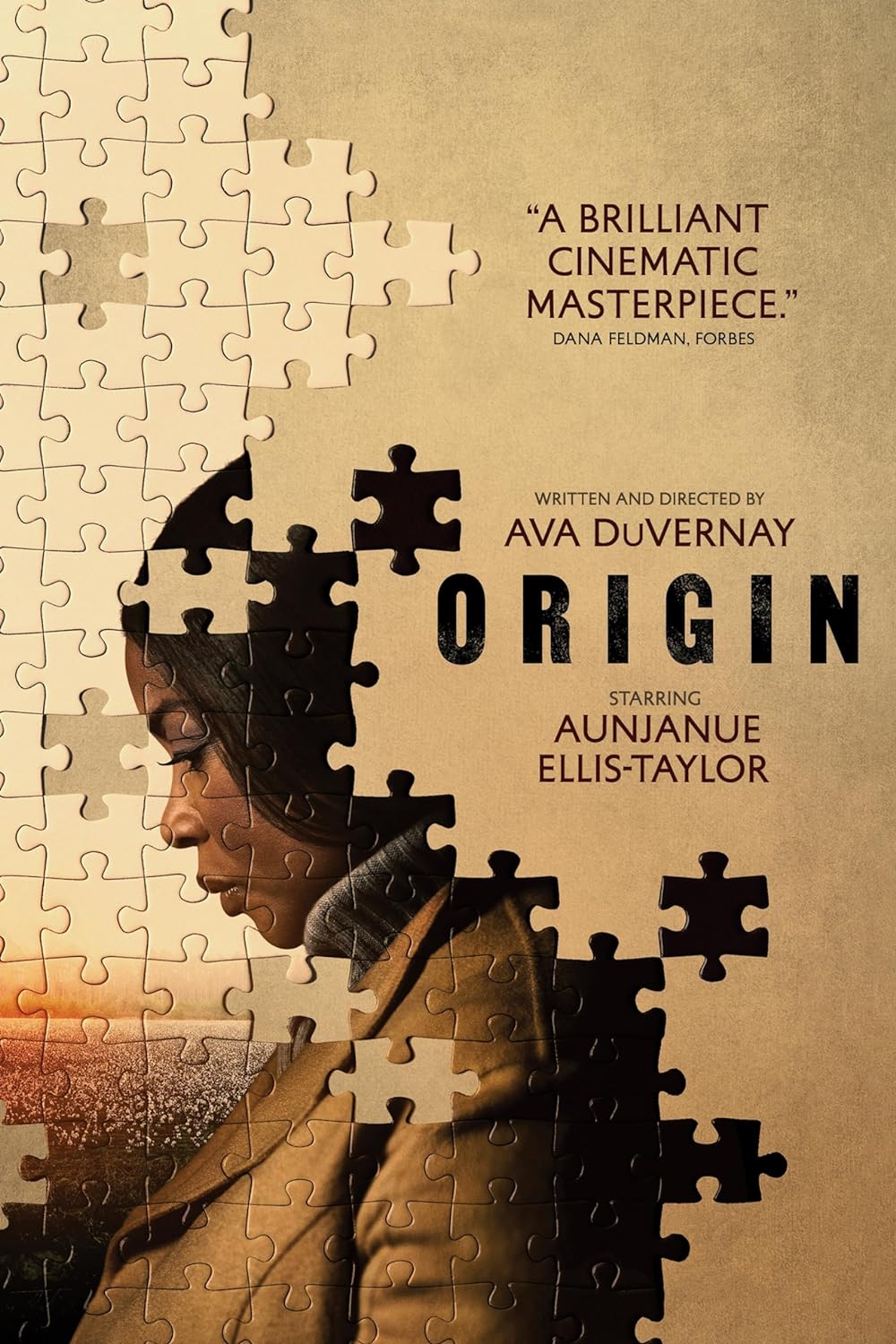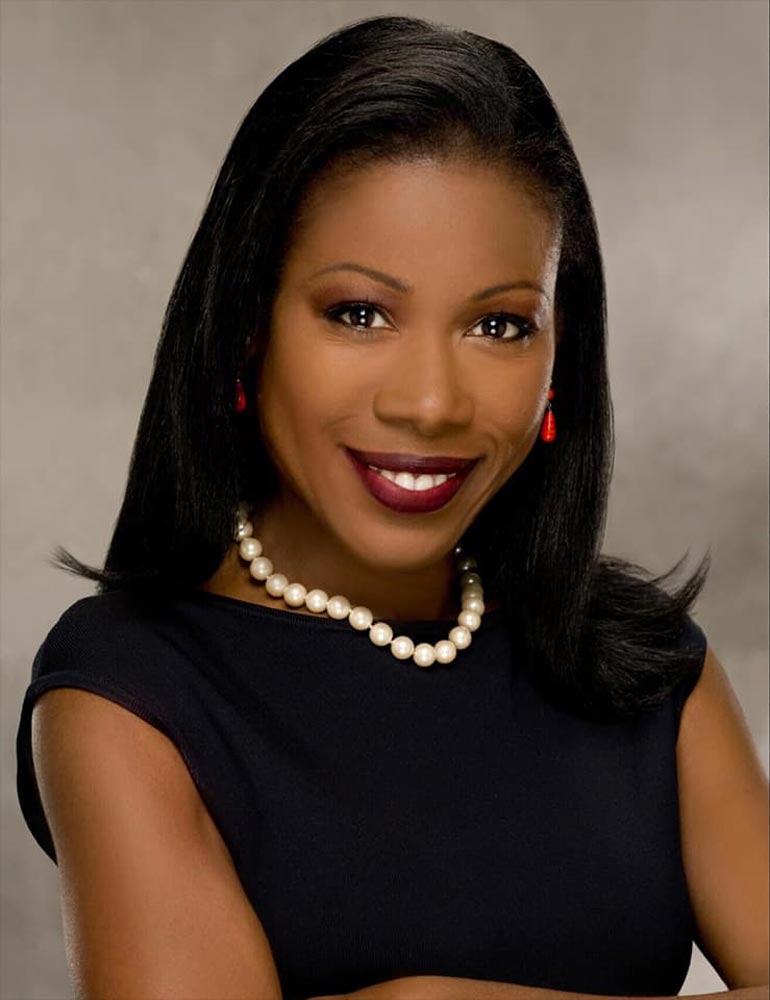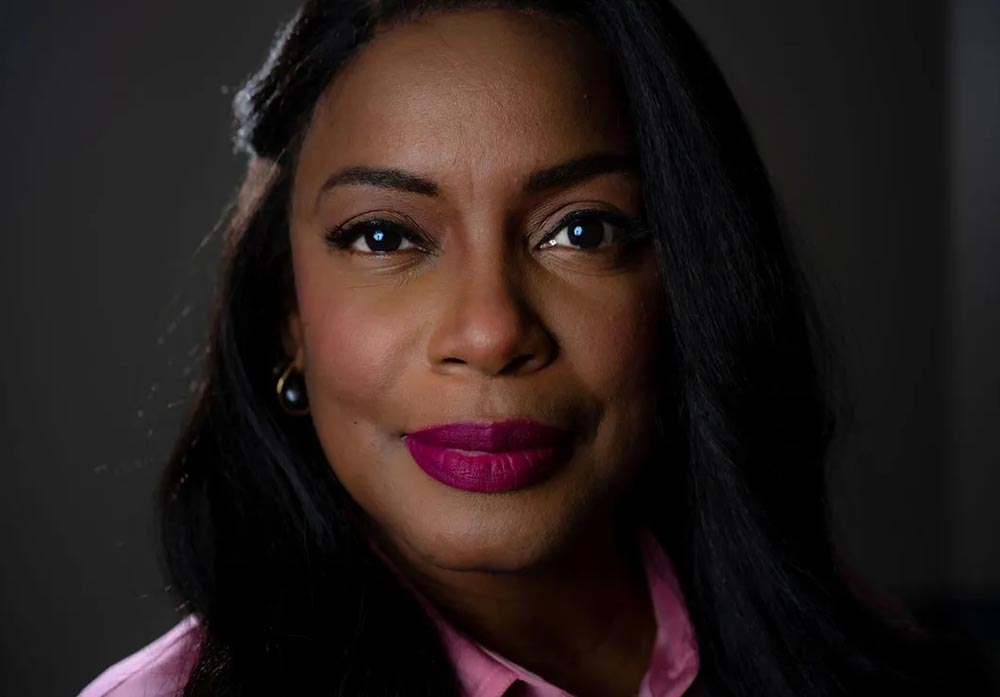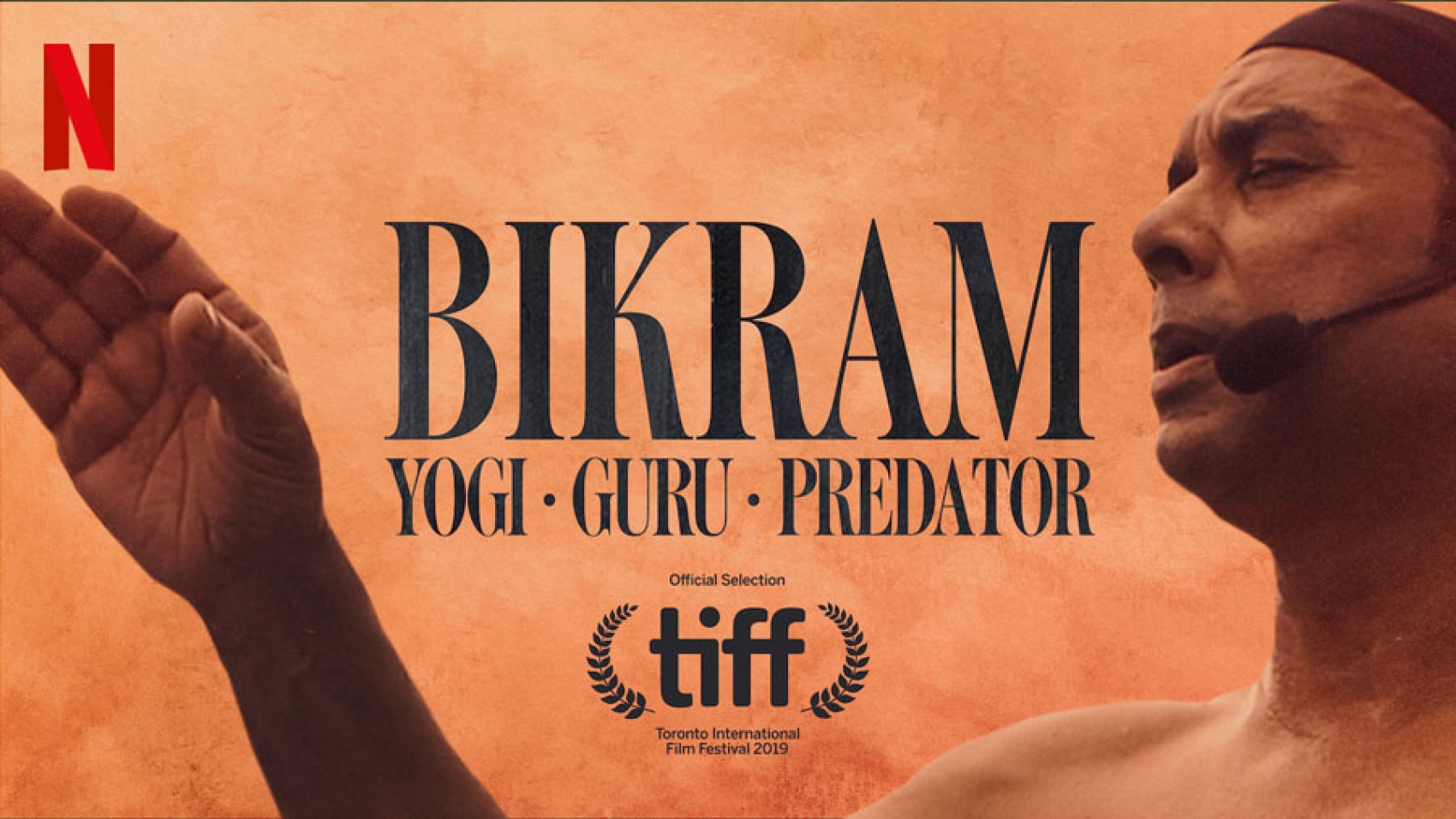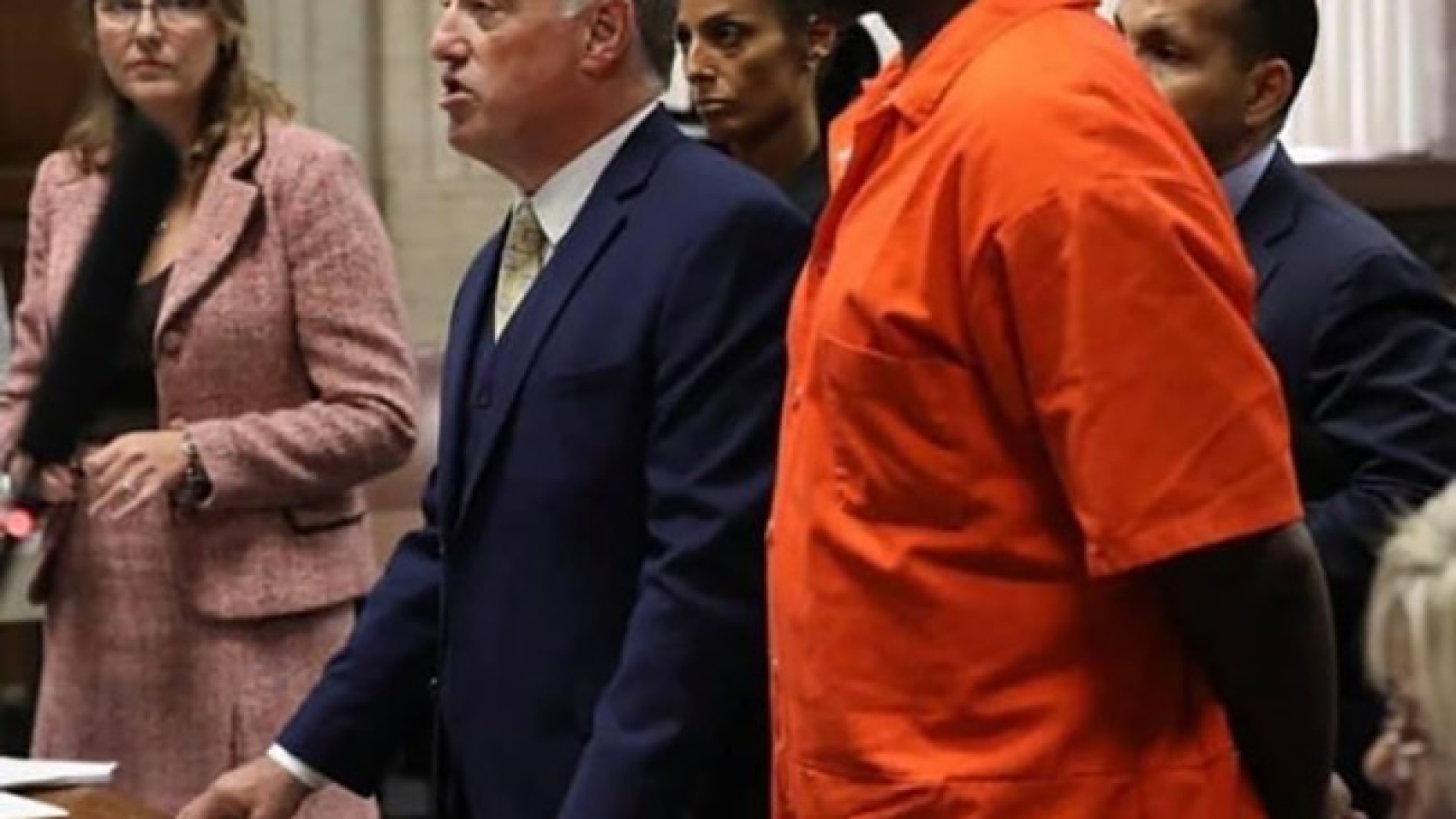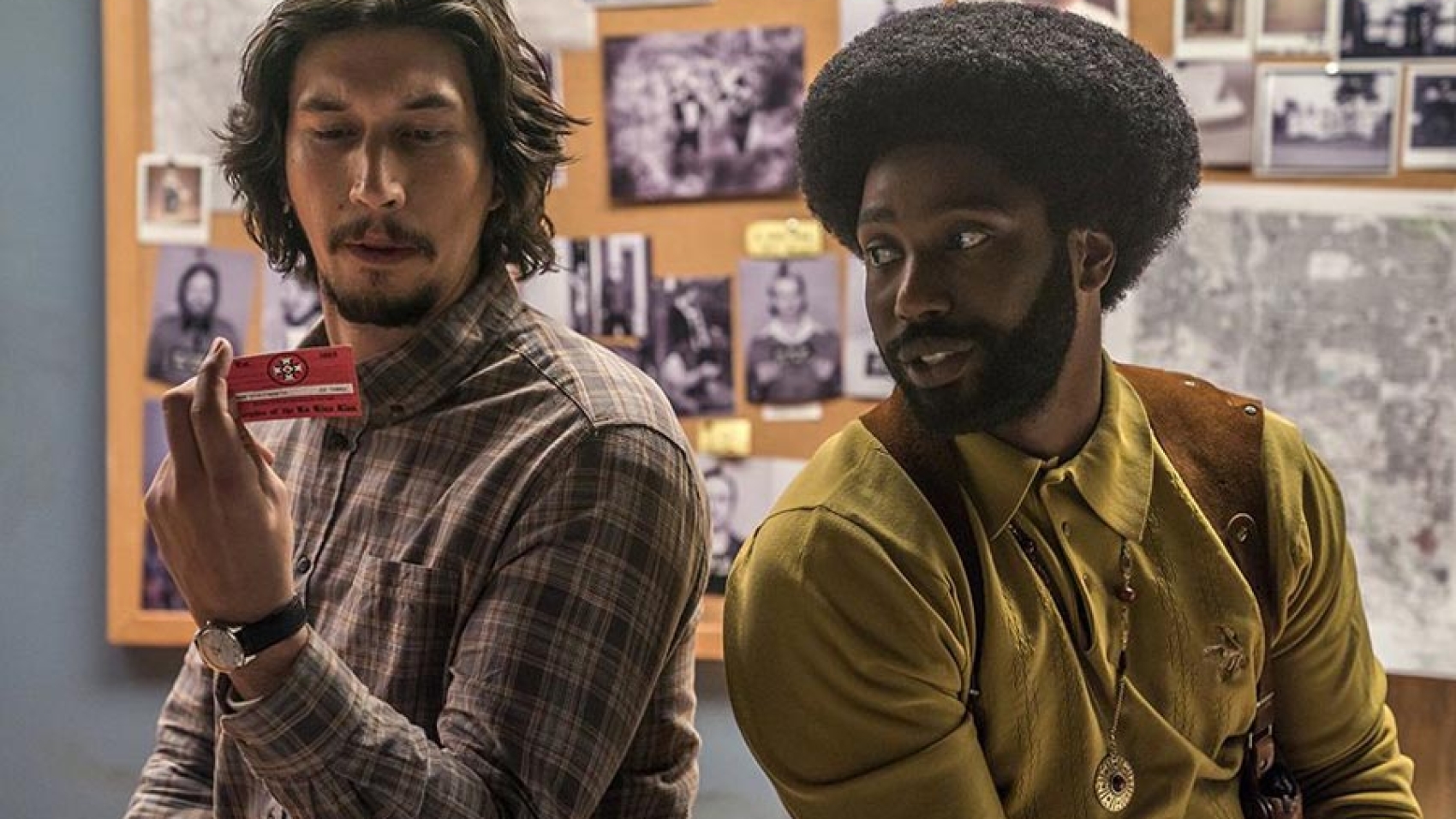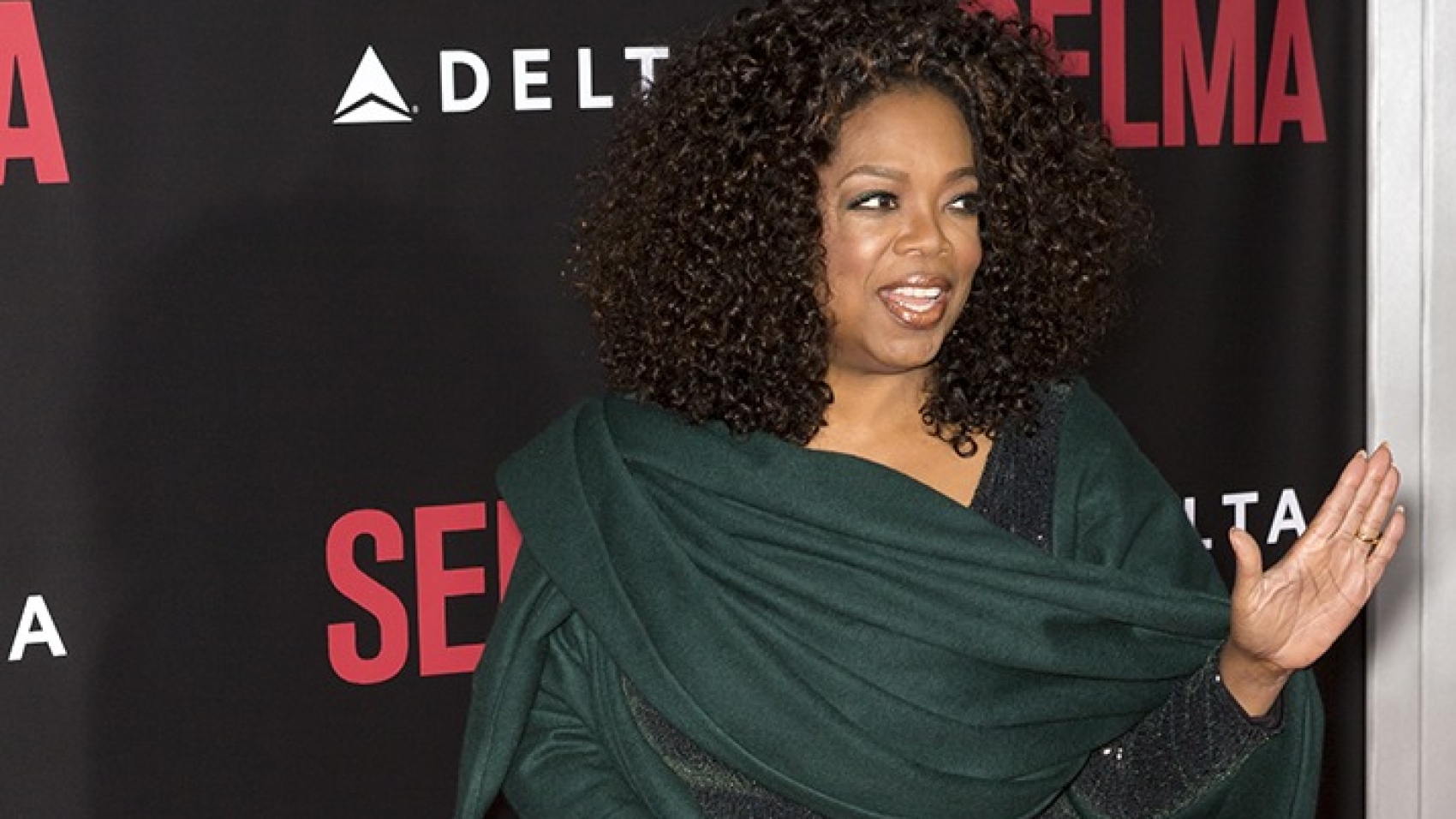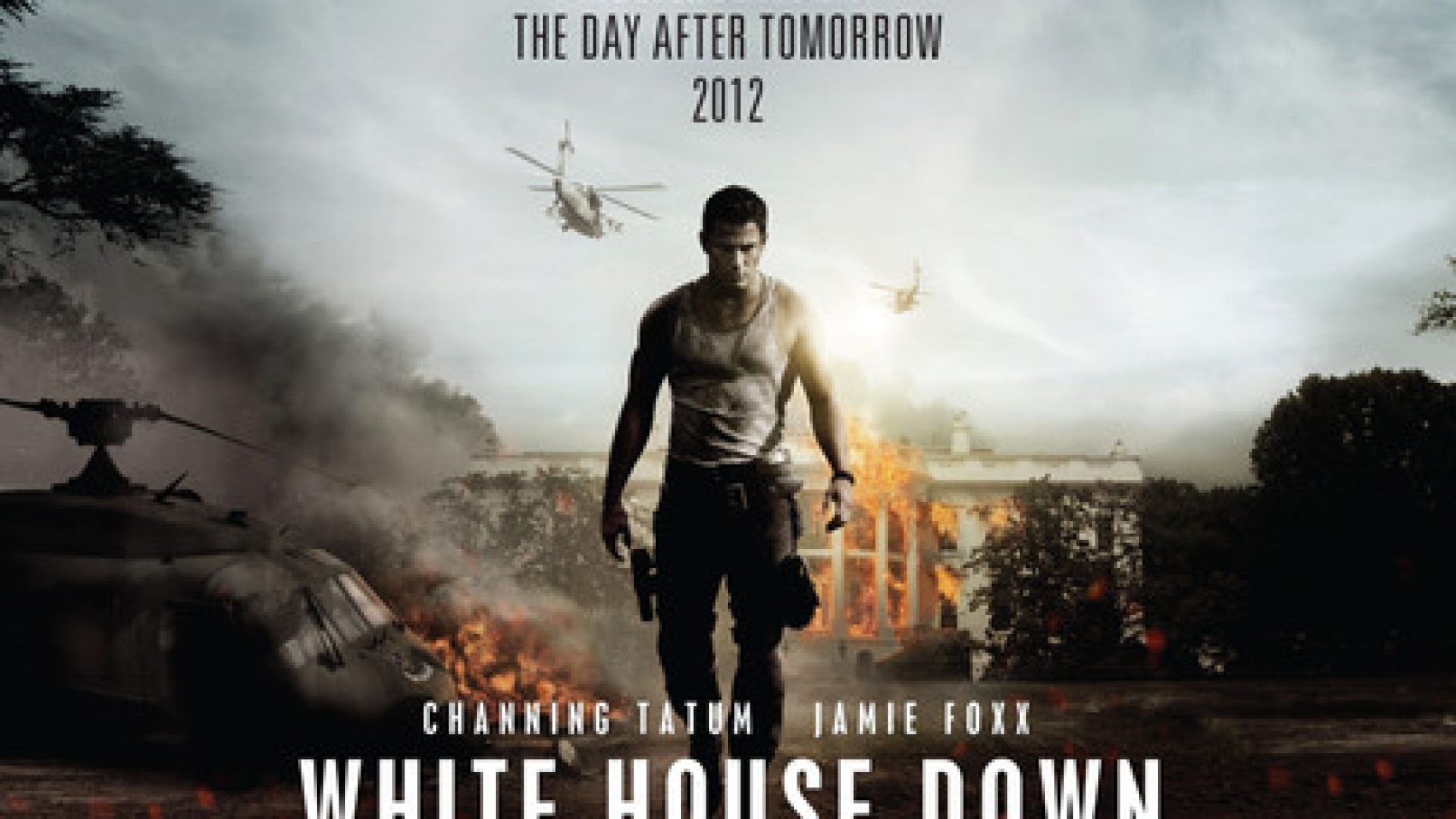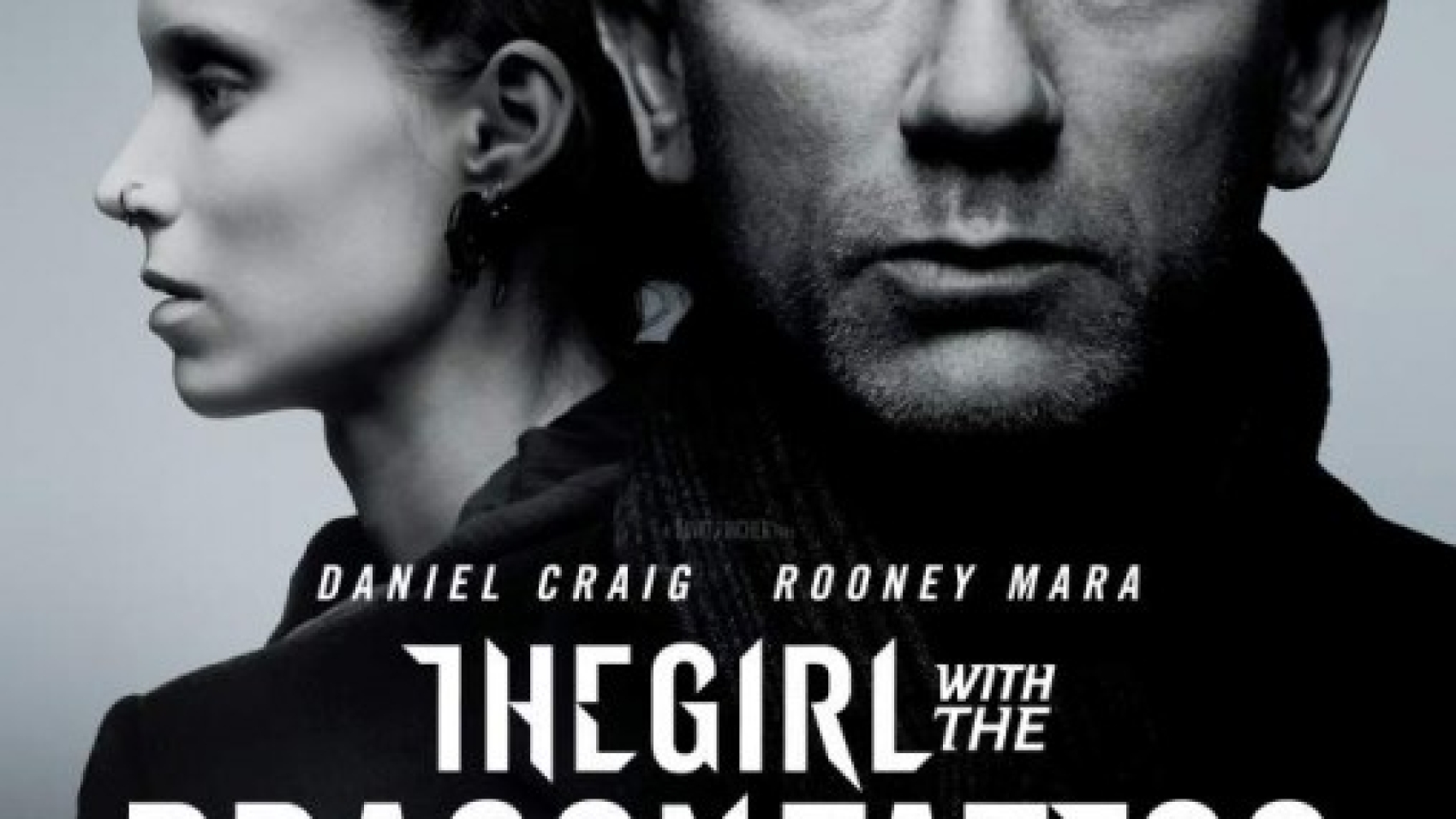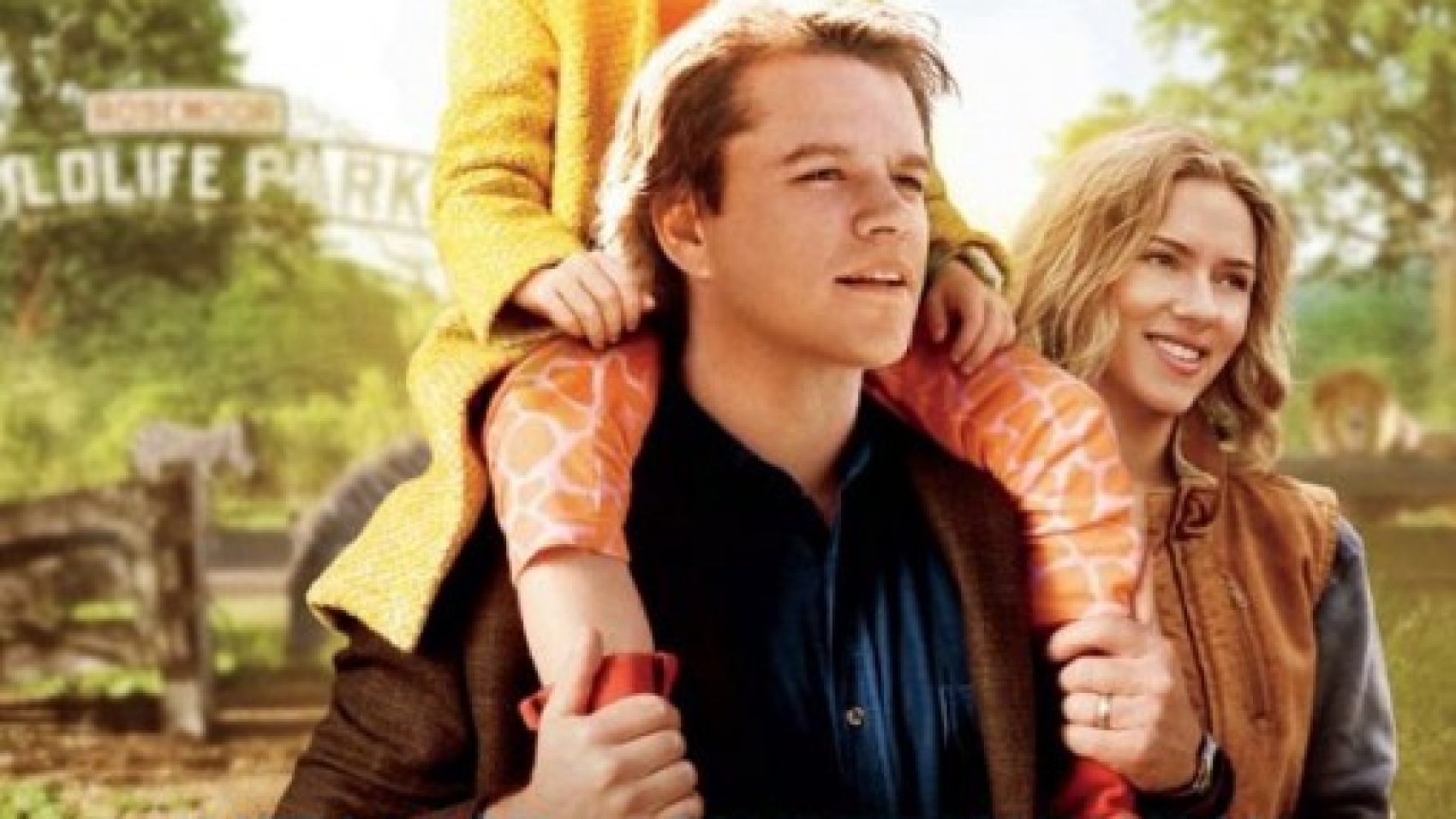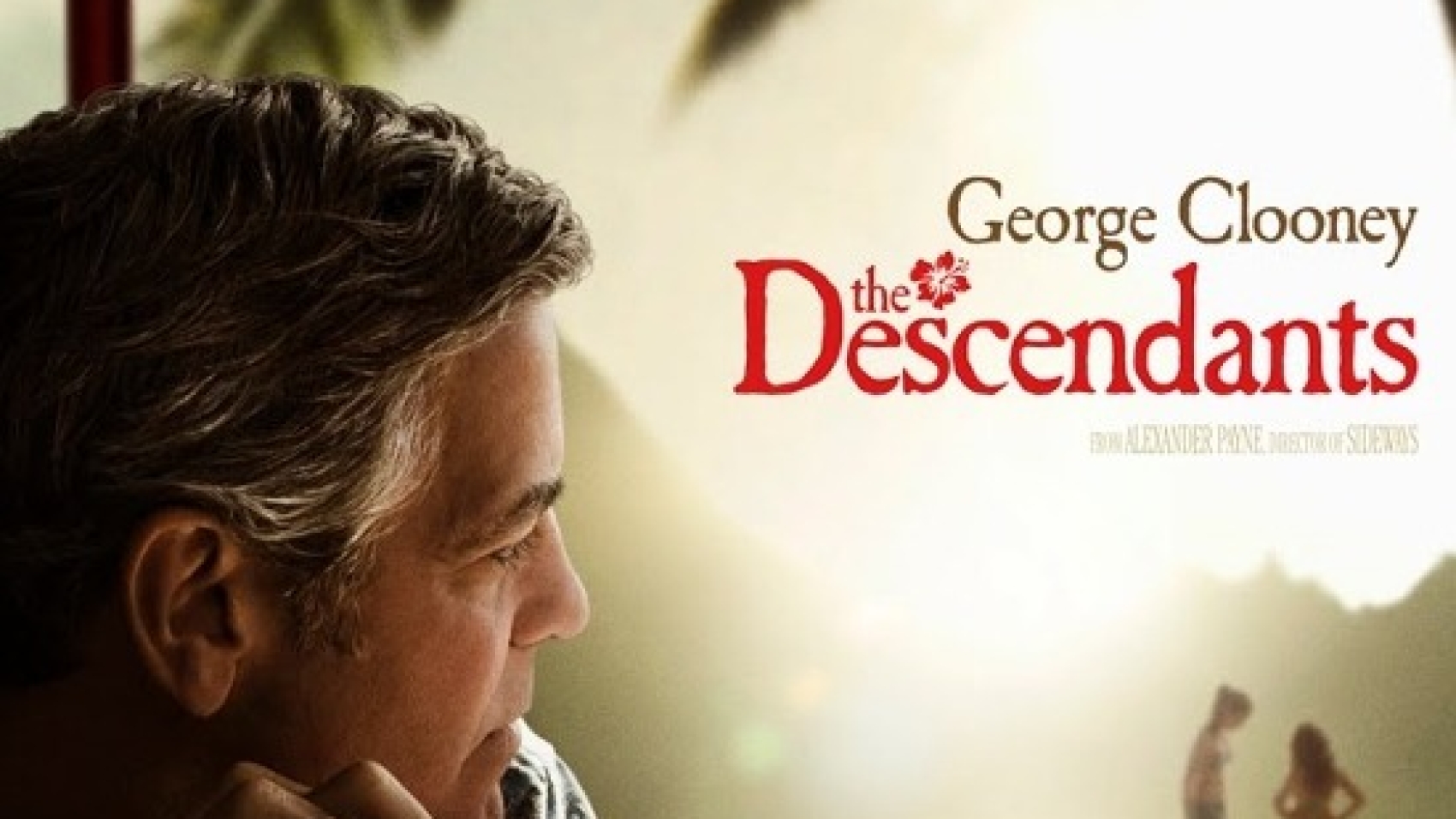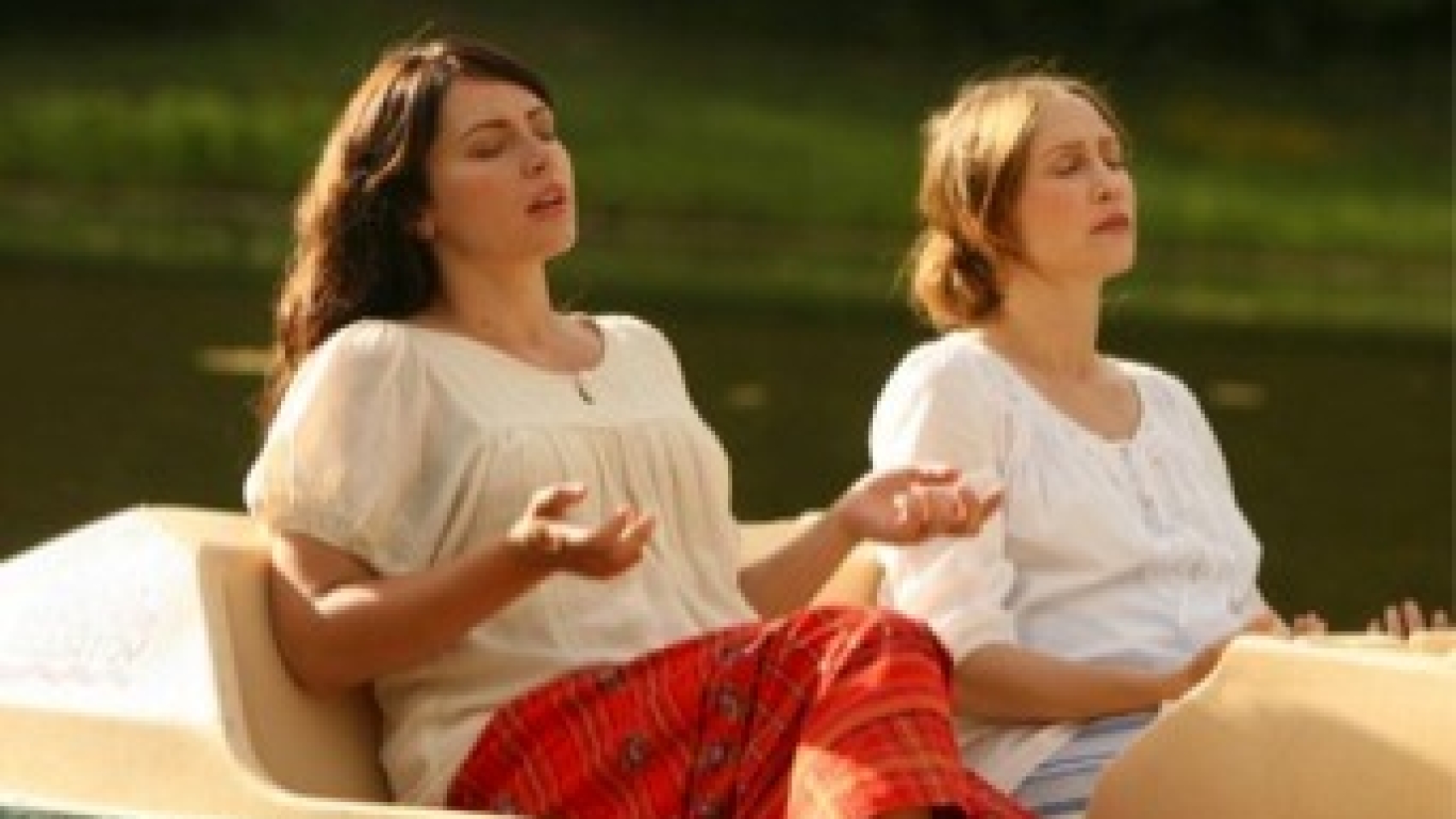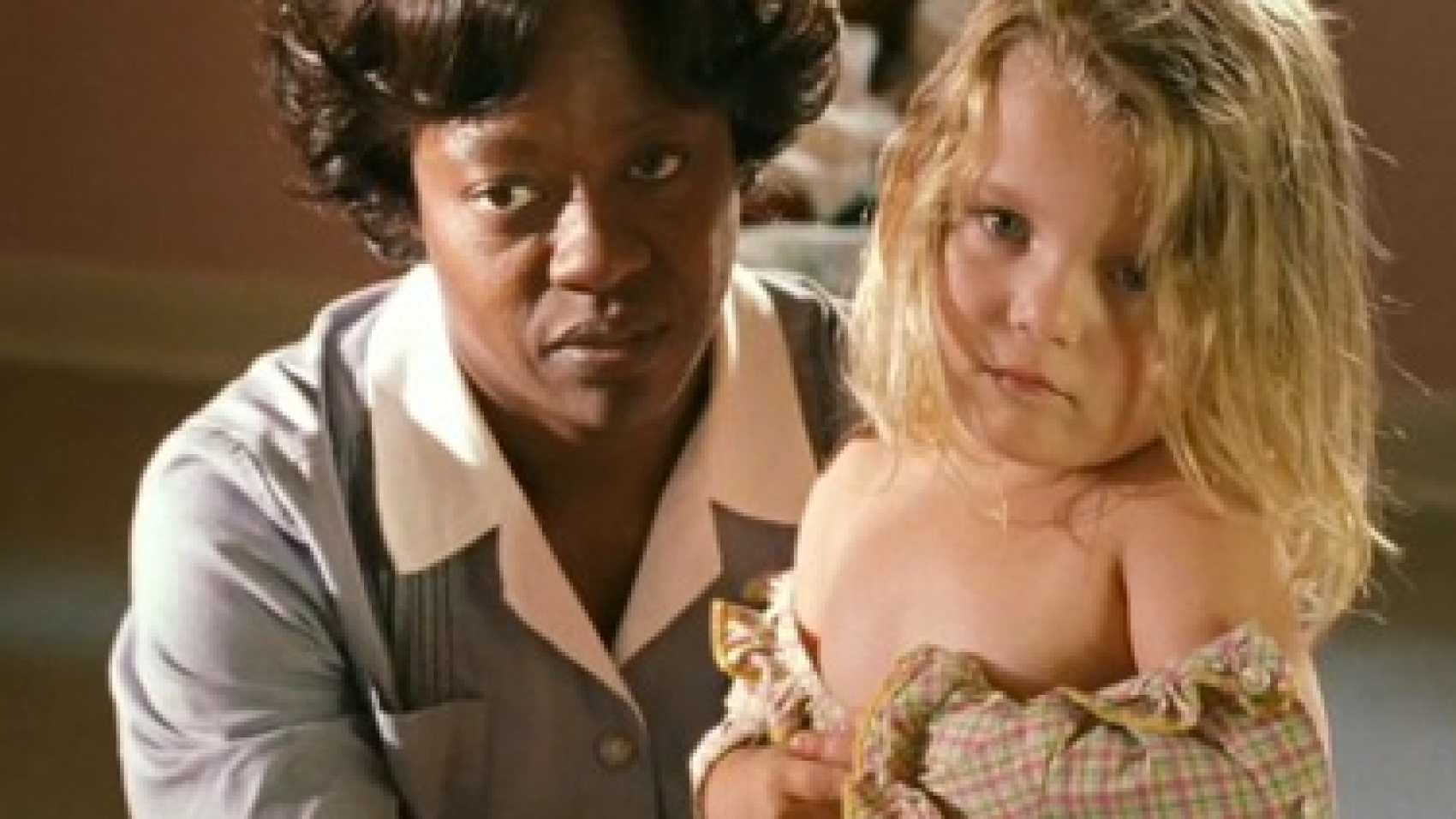Bikram: Me Too Yet Again
Media moguls, Hollywood stars, Olympic doctors, sports coaches, priests, politicians (left, right, and center), Buddhist teachers, Indian gurus and yogis, are all mighty trees felled by the hatchet of the #MeToo movement in recent times. Strongmen have all wielded their patriarchal power—what they considered their god-given rights—over the lives of women and children (and the earth). But thanks to the growing willingness of women to speak truth to power, a global conversation about sexual violence and gender balance has sprung to life and continues to expand.
The latest of these grimy exposures can be found in the Netflix documentary, Bikram: Yogi, Guru, Predator, which documents the allegations of sexual misconduct against Bikram Choudhry, the founder of Bikram yoga. In the “paternalistic” yoga culture, it is presumed that the teacher knows what is best for his students, who simply follow whatever the teacher says, even if it means ignoring their own intuition that something isn’t right. Other influential yoga teachers, like Patthabi Jois, Manouso Manos, and John Friend, have all been accused of some form of sexual assault, from inappropriate sexual touching of students’ bodies during class, all the way up to, as in the instant story, rape.
It’s everywhere in the “spiritual world”
These yoga teachers join a long list of “spiritual” teachers who have abused their power and authority, who think that the rules don’t apply to them.
Amrit Desai, the founder of the Kripalu Centre, had to resign over sexual allegations as the spiritual director of his own ashram. The charismatic leader Osho (Bhagwan Shree Ragneesh) was known as the “sex guru.” Accusations of sex with devotees have cropped up relentlessly over the years about Swami Muktananda, Swami Satchidananda, Swami Rama, Swami Kriyananda, and Sai Baba, not to mention Buddhist lamas and teachers like Sogyal Rinpoche and Lama Norlha. Even more disturbing are rumors swirling about both living and deceased teachers at what was formerly the leading publishing company in the US of all things spiritual.
Yes, the list of those in my field who well deserve to be in the #MeToo spotlight is long and disappointing. How can so many supposedly “enlightened” spiritual teachers sexually abuse their followers? More importantly for us, however, is how we delude ourselves about abuse when it’s right square in front of us, in our families, in our office, in church, or even happening to us.
Women, still, are relentlessly trained by the culture to allow men the upper hand. “Obey” may have been taken out of modern marriage vows, but it’s still implicitly there. The voice of authority is most often male, and women, if they have any sense, do not routinely confront men head-on.
Perhaps you are new to the spiritual scene, and your expectation is that everyone is pure, holy, a worthy vessel of Spirit—especially your teacher. He oozes charm, claims a special connection to the divine, and inspires devotion. You can just feel the power radiating from him. He is in command, and you listen to what is said, especially to you personally. And if he touches you in a way that makes you uncomfortable, or invites you to maximize your spiritual potential and receive “secret teachings” by sharing his bed, in your zeal to be a good student, to advance, and yes, because it makes you feel special, you capitulate.
So back to Bikram: in terms of the basic facts, Choudhury’s story is all too familiar. He is largely responsible for yoga becoming commonplace in the United States, as he franchised his Los Angeles studio into a global network. At the height of his influence in the last 20 years, he was the darling of talk shows and media in general. His movement was called “McYoga,” as he made a fortune franchising his method.
As he rose to prominence, Bikram franchises became very desirable; Choudhury would hold massive nine-week training seminars around the world. According to litigation on file, he used these seminars as his way of finding, grooming, and forcing himself upon women whom he then raped.
Hopefully, the film will force Jackie Lacey, LA District Attorney, to stand up for women and bring Choudhury to justice, as well as encourage each one of us to confront truth in our own lives where ever we find it.
Hiding in Plain Sight
It used to be that sexual predators had it fairly easy. The culture of “boys will be boys,” the seeming harmlessness of a little pussy grabbing here and there, and the mindset of “she was asking for it” made it so men—especially big powerful men—could satisfy their lust for power. Typically, they enlisted their friends and associates to help procure their victims and then paid off anyone who squawked. All it took was a good lawyer to evade criminal charges and avoid any unpleasant consequences, while trampling over the rights of the women (and children), destroying their credibility, and their lives.
Then came the #MeToo movement. And it began to dawn on everyone that maybe the women who squawked weren’t just after money; that they were telling a sordid tale that needed to be heard, that needed to be believed. That there needed to be real life consequences for those who indulged in this disgusting behavior. And the media began to realize that there was a story here.
The women who came forth and told their stories of sexual assault are finally unmasking the normalcy surrounding abuse. This shows the deep flaws in our society that allow for the devastating trauma of this behavior and the attitudes that help it to flourish.
In just this past year, two documentaries have come out that dive head first into the complex realm of sexual assault and pedophilia. Surviving R. Kelly, Netflix’s six-part series on the R&B singer’s history of grooming and filming young girls for his sexual pleasure, has just recently exploded with its opening on Netflix. And Leaving Neverland, an HBO documentary in two parts, took us through the lives of two of the young boys who were involved with Michael Jackson. It just won a Primetime Emmy for Best Documentary.
In six hours, Surviving R. Kelly takes us through interviews with people who were there since the early 1970s, from the incest of his own childhood, to being nicknamed the “Pied Piper of R&B,” through the infamous sex tape scandal, the child pornography, the accusations, the survivors, the court cases, and lets us know that black girls do indeed matter. And it takes on all those who enabled this behavior. Kelly’s record label didn’t flinch when a videotape emerged and was widely circulated on the internet with their multimillion-dollar talent having sex with and urinating in the mouth of an underage girl. His entourage was complicit. Who was going to make a fuss about black children? As the Hollywood Reporter darkly quipped: “After all, it takes a village to raze a child.”
Women have been trying to come forth with their truth about Kelly for decades, and hard as it is to hear, you see in the documentary how all their accusations of predatory behavior and pedophilia and child pornography managed to slide off his back. Kelly not only got away with ongoing sexual assault, but also managed to have it all ignored by the mainstream media. But now people are listening to the testimonies, feeling the fury and pain, the guilt and self-blame, the regret, and the dogged determination to heal of the survivors. When the jury acquitted him at his first trial (one white male juror commenting that “who could believe [black] girls who dress like that,”) and his behavior got even more outrageous, the public started protesting at his concerts. It is a long overdue effort to validate what his victims have experienced, to let their stories be heard, to be treated with respect and the gravity the situation warrants.
And who now will have sympathy for Kelly? He, like all sexual predators, was once himself traumatized by childhood sexual assault. Just like Michael Jackson was undoubtedly sexually traumatized in his childhood. In all likelihood, so was Bill Cosby. So was I and thousands of innocent survivors that have asked me for help over the years. But we don’t repeat what was done to us, we’ve sought help and worked our way through the memories of those horrific experiences. Note that the men spoken of here are/were major celebrities. And celebrity has its own “get out of jail free” card. These are major talents, and there will always be those who believe the person is as lily white as his gifts. Don’t kid yourself. Talent is never an excuse for hideous behavior; it doesn’t counteract the monster inside, hell bent on devouring its prey.
Kelly is currently in custody, in Chicago, facing multiple state and federal charges of various sexual assault crimes. It’s about time.
Predatory behavior is around, be on guard for it. Parents tell their children to beware of strangers, but how about Uncle Joe, or, for God’s sake, your priest or therapist, or the doctor or coach for your child’s sports team (watch At the Heart of Gold: Inside the USA Gymnastics Scandal, another documentary that premiered on HBO this year). They are hiding in plain sight. And the more that stories come out, and are believed, and are acted upon with real-life consequences, the harder it will be for them to hide.
Join me Thursday, September 26, at 1:00pm PDT on Facebook Live for a panel discussion of this timely topic. Let your voice be heard in protest of this kind of brazen behavior. Let’s all stand up, be heard, and be part of the change!
BlacKkKlansman Review
It’s summertime (still!) and a great time to catch a fun movie: director Spike Lee really hits an all-time high with his BlacKkKlansman, now at a Cineplex near you. Bringing home once again that old saw that truth is stranger than fiction, the film tells the story of Ron Stallworth, played by John Davis Washington – who, back in the 70’s, becomes the first black cop in the Colorado Springs Police Department. Even more improbable, when Ron gets bored working in the records department, he manages to talk his way into a job undercover, and infiltrate the Ku Klux Klan. Sounds wild and it is!
I promise, you will not be bored: it starts off with a clip from Gone with the Wind (my favorite book and film as a child) revering the Confederate flag, and moves on to Alec Baldwin delivering a white supremacist tirade. It’s a dramedy of the highest order: be prepared to both laugh your head off and boil in anger all at the same time as you roll along with Ron and his sidekick, Jewish cop Flip Zimmerman, brilliantly played by Adam Driver. (It’s pretty hard to watch Driver without laughing, no matter the role).
Officer Stallworth manages to strike up a phone acquaintance with none other than the infamous David Duke, head of the White Nationalists, and incredibly creepy in his suit and tie and normalness. You’d think the whole thing just too ridiculous if the image of a group of angry young white men marching with torches and shouting “Jews will not replace us” wasn’t seared in your memory from just last summer.
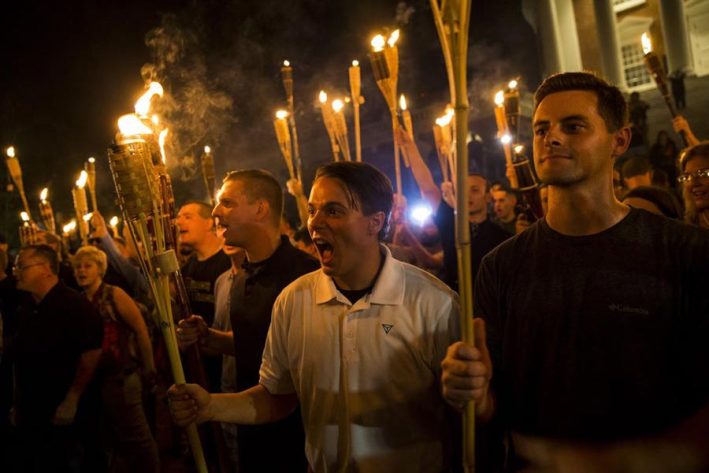
The movie runs pell-mell to an incredible climax, again, truth way stranger than any fiction could be written; you will not believe your eyes.
I suppose I could find fault in some of the film’s timing – it’s a little uneven – but hey, I enjoyed it way too much for that. It is truly one of the best films of this year – it’s the work of a cinema giant. As I walked out I turned to the man next to me and blurted out “I’ve got to do more!” and he said “me too!” Go see the film and you’ll know exactly what I’m talking about – you’ll want to do more too!
The Big-Hearted “Big Sick”
Turns out, real emotions are the real way to one’s heart — and romantic comedy “The Big Sick” captures this message perfectly.
It’s rare when a film isn’t about guns or apes or princesses. It’s even rarer when a film is about timely cultural issues and doesn’t shove its message down your throat, but makes you laugh…and empathize…and think about things. That’s one of the beauties of The Big Sick, a Judd Apatow romantic comedy that goes far beyond its genre and genuinely touches the heart. And its release at this point in our ongoing American drama is so relevant.
The romantic leading man is a Pakistani-born Muslim, Kumail Nanjiani, who wrote the screenplay with his wife, Emily V. Gordon, based on their own story of how they got together (they have now been married for ten years). You may recognize Kumail from his role on the TV show Silicon Valley. In the movie, he is also named Kumail, and Zoe Kazan stars as his love interest.
Marching to Selma
I saw “Selma” this weekend. This movie tells the story of Martin Luther King, Jr. and the historic march from Selma to Montgomery, Alabama, that led to the passage of the 1965 Voting Rights Act. It does much more than give us a picture of what happened fifty years ago in the fight for civil rights. It ties in to what is happening in the US right now—to young African-Americans being killed by police, to protests that still use nonviolence as a means of being heard, and the grace and extraordinary courage of ordinary citizens who are determined to bring about justice for all.
It’s a powerful film that gives a new look at an American icon. Most people today know little about Martin Luther King Jr. other than his “I have a dream” speech and a national holiday that means a day off. In the film, we see him as the father of four children, a husband trying to make his marriage work, a gifted preacher who was an ordinary man that got caught up in a particular moment of history and did great things. But it also shows us that King did not do this alone. It gives insight into the leadership of others fighting the good fight for equal voting rights like John Lewis, a Congressional representative since 1987, who was a young leader of the civil rights movement at King’s side.
I am not troubled by the claimed factual inaccuracies (that happens with every historical film), especially in regard to the role of LBJ; it’s impossible to tell the full story of the three years covered in the film. And since it was directed by Ava DiVernay, an African-American woman, it comes from a black perspective—in itself a refreshing difference from history textbooks. Bill Moyers was recently interviewed about “Selma” and he said, “…it’s good to be reminded of a time when courage on the street is met by a moral response from power.”
It’s such an important film to see that a “Selma for Students” movement arose to offer thousands of free tickets to middle-school children across the country this past weekend as Martin Luther King Jr. Day is being celebrated.

On Sunday, Oprah Winfrey (one of the film’s producers and an actor in the film) and others from the cast along with a thousand ordinary people walked across the bridge in Selma to remind everyone that the civil rights struggles from the 1960s are not over; we are still living in a land that fails to provide equal justice for all. But the march yesterday was a far cry from the scene on March 7, 1965 when billy clubs and tear gas stopped the marchers from walking 50 miles to the capital of Alabama in Montgomery in order to get the right to register to vote. “Bloody Sunday” reminds us, yet again, that when we don’t see everybody as one, when we discriminate against others based on their race or religion or sexual orientation, blood is shed, innocents die, and hatred in the heart is reflected in leering faces like that of then Alabama governor George Wallace.
Hollywood somehow missed the boat on “Selma” by not nominating either its star, David Oyelowo, or its director. In fact, this year there was not a solitary person of color nominated for an Oscar in any acting category, the first time since 1998 that has happened—a snub that went deep since it came just before the MLK holiday. And a reminder that the Academy is 93 percent white and 76 percent male, with an average age of 63—much like the old white men in the South who tried to silence the voices of those not like themselves.
This movie is a “must see.” Do not miss the chance to understand the true nature of courage, to remember why we have to do whatever it takes to root out the seeds of prejudice from our own hearts, and to stand up fearlessly for justice and equality for all.
It’s Movie Time!
Out West, where I live when I’m not traveling, we’ve been having an unparalleled heat wave. Sneakers are actually melting in parts of the Southwest, and Death Valley (well-named) was at 130 degrees! Experts are predicting some of the hottest weather ever. (global warming in spades for those still doubtful folks) Here in southern California, I’ve found the best solution for getting through this record-breaking heat: go to the movies!
I totally enjoyed White House Down, an action-packed and completely absurd thriller about terrorists invading the Oval Office while the hero (played by Channing Tatum) saves the world single-handedly. It’s great fun watching “president” Jamie Foxx kick a terrorist and shout: “Get your hands off my Jordans!” It’s definitely a laugh-yourself-silly movie, perfect for getting your mind off the weather and whatever else may be keeping you down.
Plus, it’s worth taking a drive to your nearest indie theater to see Unfinished Song. It’s quite possibly the best movie I’ve seen this year (and I see a lot of movies)! Terrance Stamp stars as a difficult old man with a wife, the fantastic Vanessa Redgrave, with cancer who sings with a local group of retirees. Sounds depressing but isn’t: these two veteran actors in their 70’s are at their peak and turn in award worthy performances. Stamp plays with great subtle feeling a man who is so closed off to life that he is beyond numb, while Redgrave infuses her character with khumor and warmth. Break out the Kleenex and be prepared to really feel – all in all it’s a real heart-warmer of a movie and a celebration of life.
Heading out of the heat and into another indie movie, I saw Twenty Feet from Stardom, based on the true story of the backup singers behind some of the greatest musical legends. I love movies with great music, and this is one of them! With a cast that includes Bette Midler, Lou Adler, Darlene Love, Mick Jagger, Sheryl Crow, and all the gal backup singers, how could you go wrong? It is also a poignant examination of the question of why some make it to stardom and others do not.
So kick back and enjoy your summer. And remember there’s nothing like an air-conditioned theatre on a hot afternoon. Hope to see you at the movies!
“Girl with the Dragon Tattoo” Movie Review
To be honest, initially I resisted going to see “Girl with the Dragon Tattoo.” It’s rated R for its brutal violent content, including rape and torture (among other things). Normally, watching something like that can cause some serious disturbance to our personal energy fields. But after reading a few reviews, I decided to chance it because of it’s focus on sexual abuse, one of my fields of expertise. I’m glad I went as I found this movie to be a winner for several reasons—and although it was indeed violent, the violence wasn’t at all gratuitous.
One of the things that captivated me about this movie was how inspiring and liberating Rooney Mara was as brilliant computer hacker Lisbeth Salander. Former investigative reporter Mikael Blomkvist (played by Daniel Craig) hires Salander to help him find out what happened to a woman who went missing as a teenager 40 years previously. In most action movies, it seems like it’s always the 35-year-old white male who saves the day. But not in this one! Mara as the female 20-something Salander steals the spotlight of this riveting whodunit, delivering a potent message to women about intelligence, power, and grace under pressure.
Another reason I found this movie compelling was the accurate way it dealt with sexual abuse and how it runs through generations in a family. As Blomkvist and Salander delve deeper into the mysterious disappearance, they uncover disturbing family secrets that indeed echo the way sexual abuse appears over and over throughout many generations of the same family.
And even though I’ve spent a good deal of my life recovering from this exact kind of abuse, I was startled to find how “triggered” even I was by the film, reminding me that even though we recover from traumatic events, there will be remnants of the event in our psyches forever.
Christopher Plummer does a great job playing the family patriarch whose niece was the missing teenager and who hires Blomkvist to find out what happened to her. The movie—an adaptation of Stieg Larsson’s best-selling novel—is directed by David Fincher and is a remake of the Swedish film of the same name (that came out just two years ago).
Go see it—I guarantee you’ll be on the edge of your seat the entire time. And as soon as you can pry your fingers off of the armrest, go to my Facebook page and tell me what you thought of the ending. See you there!
We Bought a Zoo movie review

If you like feel good movies like I do, you will love “We Bought a Zoo.” Based on a true story, Matt Damon as a recent widower decides that a major life change will help him and his 2 children heal and find their joy again. Following the maxim that 20 seconds of insane bravery and risk taking will solve just about anything, he buys a dilapidated zoo and throws his life savings at it, hoping to turn it around. Teaming up with Scarlett Johansson, the very attractive resident zookeeper, he learns how to care for a variety of wild and endangered species that will melt the hardest, most damaged heart.
This film really took me back to the years when we had our own menagerie at the foot of the Sierra Nevada Mountains. Every day, even when it was 10 or 15 degrees outside, we headed out in the early morning light to feed and care for the animals: a dozen llamas, 3 or 4 horses, and a smattering of peacocks, pigs, cows, goats, chickens, ducks, even a pond of koi. And then we repeated that same routine at 3 or 4 or 5 in the evening, communing with the setting sun and the early moon. Working with animals is one of the quickest ways to enlightenment; ask any monk and he will tell you that animals are the best teachers. What a remarkable way of life it was indeed, and the fun didn’t wear off for quite a few years, until one day, going out in utter darkness to break up the ice in the water tanks, I remember wishing I lived somewhere where I didn’t have to put on 2 coats and 2 pair of pants just to feed the family.
But back to the film: there’s also not one but two love stories within the story, both of them charming. (And if you’ve already guessed one is between Matt and Scarlett, you’ve guessed right!)
Matt’s brother (Thomas Haden Church) is an accountant who’s horrified at the thought of his brother leaving journalism for a zoo. That reminded me of my own accountant’s reaction to my leaving the field of law for healing – horrified!
Granted, this film is no “Descendants” – it isn’t at that level, even though they have quite a few plot pieces in common: both involve the death of a spouse followed by a major life decision. “We Bought a Zoo” is more contrived, there isn’t enough real interaction with the animals for my taste, but all that is minor: the only thing that really matters is how you feel when you leave the theatre and what you take with you. Rest assured you will feel light and happy on your departure and you will take with you a wider and gentler heart. That’s what really matters.
P.S. It’s a great film for the kids too.
The Descendants movie review
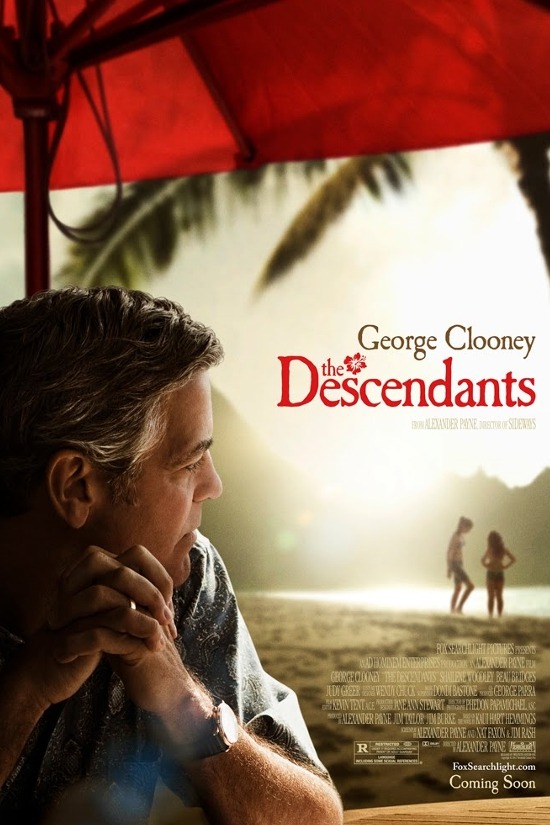 An unabashed movie buff, I have to admit I’ve seen 3 films in the past week, my first week home after 13 straight weeks traveling, and want to report in that The Descendants is the best of the bunch. Always good, George Clooney is great in this dramedy that is co-written and directed by Alexander Payne (think Sideways from ‘04 and About Schmidt from ‘02). The state of Hawaii is the co-star and setting – I’ve visited there many times and understand how Hawaiians feel a special love for their land and a need to protect it. The plot is built around Matt King’s (Clooney) upcoming vote on whether or not to sell a vast track of unspoiled land his family owns to a developer at the same time his wife is in a coma from a boating accident.
An unabashed movie buff, I have to admit I’ve seen 3 films in the past week, my first week home after 13 straight weeks traveling, and want to report in that The Descendants is the best of the bunch. Always good, George Clooney is great in this dramedy that is co-written and directed by Alexander Payne (think Sideways from ‘04 and About Schmidt from ‘02). The state of Hawaii is the co-star and setting – I’ve visited there many times and understand how Hawaiians feel a special love for their land and a need to protect it. The plot is built around Matt King’s (Clooney) upcoming vote on whether or not to sell a vast track of unspoiled land his family owns to a developer at the same time his wife is in a coma from a boating accident.
The story is based on a novel by Kauai’s Hart Hemmings, who is the daughter of a famous surfer and politician; we can guess that a lot of her can be found in the personalities and characters of Matt’s two daughters who are front and center in the film. Query whether the illicit affair the daughters’ now comatose mother was having before her accident is autobiographical or pure fiction.
The part you will love is how involved you will become with the characters, especially Matt, who really takes the high road throughout the film, and Sid, the boyfriend of one of the daughters, who has his own special moments of poignancy.
The Descendants is a film well worth seeing: despite its serious topics of raping the land, adultery and death, you will still leave the theatre feeling good. Matt’s character is a testament to important disciplines like work ethic and living a clean, simple and thrifty lifestyle, but these values are presented in such a way as to be appealing. That in itself is a tour de force.
I’m sure this film is an Oscar contender – stay tuned for more on that as I catch up with all the films I’ve missed since last August that may also be in the running.
50/50 movie review
Near the end of 50/50, one of characters asks, “What now?” And that pretty well sums up the theme of this amazing little gem of a cancer film that is a “must see.” Maybe you’re trying to decide whether or not to get in our out of that relationship or job or city or apartment, but you do assume that something will follow. Compare the experience of 27 hear old Adam, played skillfully by Joseph Gordon-Levitt, who has to contemplate a world where there might be nothing coming after “what now.” Really an inconceivable state of affairs to most people, certainly to a twenty-something.
Adam walks into the doctor’s office with a backache and walks out with a grim unpronounceable cancer diagnosis; he researches it on the Internet and finds out his chances are 50/50. But hold on, this film is not depressing. With a brilliant screenplay written by Will Reiser, who had his own successful battle with a similar cancer in his twenties, and co-starring Seth Rogen, hilarious as Adam’s best friend, and coincidentally, Will’s best friend in real life, the two main guy characters create the most real, most entertaining 99 minutes slice of life about cancer you will see.
Seth’s approach is a blend of backslapping friendship and a steady diet of chatter and crude jokes that would entertain even the most distressed cancer patient. (His list of supposed celebs who beat cancer includes Patrick Swazye) Director Jonathan Levine (The Wackness) takes this memoir and smoothly rolls it out without a hitch. The dialogue is spot on and will have you rolling in the aisle. And you’ll love Anna Kendrick (remember her great performance in Up in the Air with George Clooney) as Katie, Adam’s therapist. She’s so young (even younger than he is) that he asks her if he is her first, second or, possibly at best, third patient ever. Other supporting roles that round out this film include Bryce Dallas Howard as Adam’s departing girl-friend; she simply can’t “do” cancer, as many friends and family in real life find they can’t either.
Overall, the film succeeds because it never succumbs to sappy sentiment; often funny, even more often angry, very true to life and well worth seeing. And what really makes it work is the undying (no pun intended) friendship between Adam and Seth, a bro movie through and through. Bring the popcorn and enjoy!
The Way to Santiago movie review
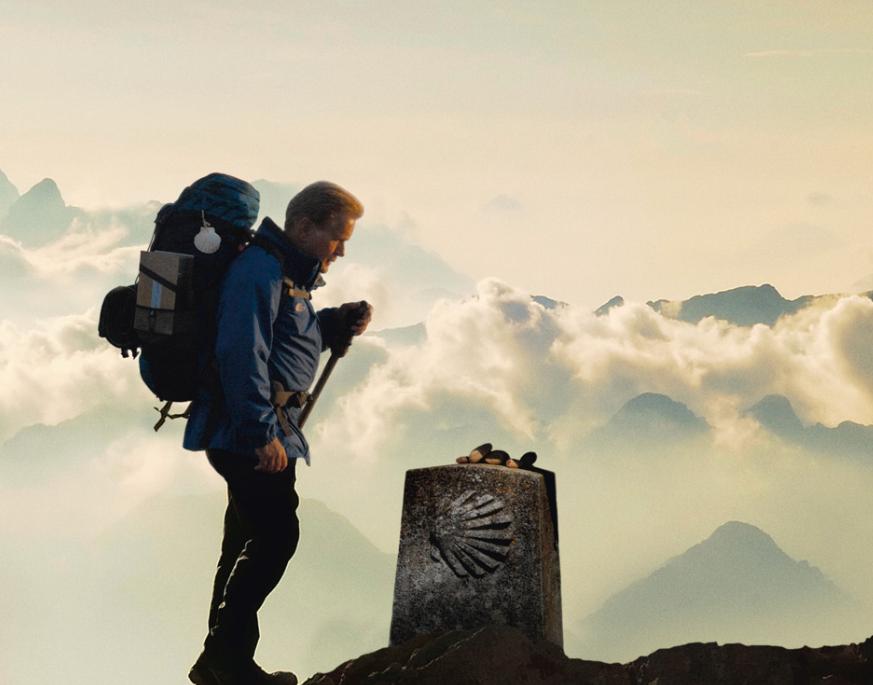
Watching The Way, which just opened and stars Martin Sheen and is written and directed by his son, Emilio Estevez, reminded me of the many pilgrimages I’ve engaged in over the years. I know you’ll be excited to see this fine film if I tell you it’s the story of a spiritual journey, as well as possibly Martin Sheen’s best performance. (Additionally, it thankfully takes our focus off of the other, less spiritually connected son, Charlie Sheen.)
Sheen, as Tom, goes to the French Pyrenees when he learns of his son’s untimely death, (played in flashbacks by Estevez) thinking to identify and recover the body. Instead, he recovers the real truth about himself and his son as he walks the 500-mile trek from the Pyrenees to the Cathedral de Santiago de Compostela in Spain, the reputed burial place of St. James.
Along the route, he discards his hardhearted skepticism and hooks up with three other pilgrims, finding that compassion and companionship are key ingredients to a happy life. It made me reminisce about the many similar trips I have taken around the globe, making friends along the way as I sought spiritual answers.
Some years ago, Martin Sheen and Estevez’ son, Taylor, drove in the area of the pilgrim route, which isn’t far from where Sheen’s own father was raised. Taylor fell in love on the trip and now lives there with his own family. So it’s not surprising that Sheen and Estevez would be anxious to return to the area, and thought of making a movie about the famous route.
Estevez shot the movie in record time, guerrilla style, on the actual trek and you’ll see the surprise on some of the faces of real pilgrims along the way who recognize Sheen.
I’m sure you’ll like this meditatively paced movie with its stunning cinematography of the Pyrenees Alps and terrific score by Tyler Bates – kick back and enjoy!
Higher Ground
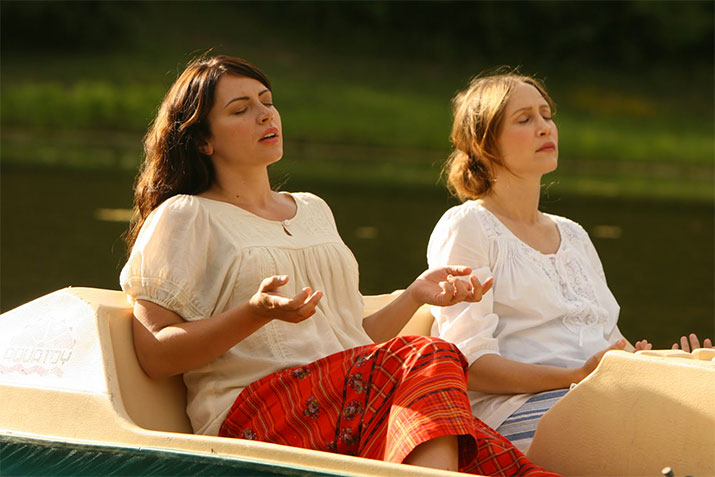
Raised in what appears to be a nondescript mainstream Protestant church, Corinne had quite a curiosity about spiritual matters, even as a child – she’s the Midwest’s version of a seeker. Things heat up when she gets pregnant, marries young, and she and her rocker husband have a crisis (don’t want to ruin the movie for you so I’m intentionally vague). The strain of it all turns them towards what seems like a small fundamentalist sect, of which they become card-carrying members. The movie weaves between faith and reason, trust and disillusionment.
What I really like about this film is its nuanced approach to religion. It doesn’t portray the sect as horribly confining. Instead, it plays the shadows, showing both the beauty of the close friendships that the couple at the center of the film develop with their fellow church members as well as the impulse to stifle their own free thought so they can fit in.
It really reminded me of the week I spent several years ago in Texas, attending the hearings of the Fundamentalist Church of Latter Day Saints who had had their children taken away by the state on allegations of sexual abuse. There was quite an appearance of fun and camaraderie there, too, between the members of the church; you would have never known how horribly oppressed both the women and the men were.
After you have your mind opened by this film, while totally enjoying the great revival hymns (I can’t wait to get the soundtrack!), ask yourself if it made you think about where you stand on religion. Do you have some limiting beliefs that are holding you back? And I don’t mean in just one direction. For example, a few days ago I helped a woman question why she felt she had to deprive herself of the ritual of the church of her childhood because she disagreed with some of it’s dogma. I assured her that it was perfectly okay to enjoy the ritual, which her soul craved, and ignore the dogma. My advice in that kind of situation is always take what you want and leave the rest behind. Stay in the driver’s seat of your life and don’t allow the rules and limitations of others limit you.
This film may very well also make you ask yourself if you’re swallowing important thoughts and life choices of your own in order to please a partner or a boss or a parent. Are you afraid to “rock the boat” in your tribe, afraid you’ll be thrown out of the clan? At heart, that’s what this film is really all about.
I’d love to see your thoughts on my Facebook page about what you think happened when the screen goes dark at the end of Higher Ground, as Corinne stands at the church door.
It’s Fall again, and movie time, so hope to see you at the theatre!
The Help
As many of you may know, I’m a movie buff. I love sitting in a darkened theater and being swept away by a good story. Now that it’s fall, it’s movie time again and I’ll be posting reviews of the ones that may open your heart, challenge your beliefs or expand your horizons. Sometimes a movie comes along that triggers a deep emotional response and brings up memories. That happened to me recently when I saw The Help.
I grew up in northern California, far from the segregated South, but my mother gave me a taste of the old South right in my own home. One of the fixtures of my childhood was Mamie, our “help,” who worked for my mother half a day every day and all day on holidays. She came to work for our family when my mother was a young pregnant bride of 19, married to my 41-year-old father, her former boss and a prominent politician. Mamie, who was my father’s age, was always there for me from the time I was born—a loving presence in stark contrast to my mother’s coldness and indifference to me. I adored her.
Just like in the film, my mother insisted on being called Mrs. King (although Mamie called her other employers by their first name) and I was always Miss King. She served our meals and then ate her own in the kitchen. When I was old enough to question my mother about that, she said the help always ate in the kitchen, no matter what color they were.
It was a confusing situation. I certainly didn’t think of my family as racist. My father was a bleeding heart liberal who spent every holiday driving around town giving away clothes and money to the needy. My mother came from a working class background; her own Portuguese mother had taken in sewing and cleaned houses. Why didn’t she treat Mamie more like an equal?
Although I knew that all the “colored” folk lived on the South Side, the poorest part of town, it never occurred to me to question why. As children, we accept what is without question. I knew about the South Side because Mamie lived there, in what was basically a shack. When I was old enough to drive, one of my chores was to drop off the family laundry and ironing at Mamie’s in the morning and pick it up again in the evening.
I left the movie and spent the rest of the evening thinking about Mamie and my family. My mother was considered a kind employer (one of Mamie’s sons still calls my mother once a year to see how she’s doing). Mother insisted I come home from college to be at Mamie’s bedside as she was dying in the hospital. Mother was the only white woman who attended the black funeral when Mamie died at 56 from heart failure (not surprising after eight children and a life of hard and often demeaning work).
As my emotional reaction to the movie gradually faded, I began to question the beliefs I had grown up with about discrimination, about prejudice. As children, we so readily accept situations as normal, as being “just the way things are.” This is why it’s so important to examine our beliefs, so we can shake ourselves out of complacency and come to a more conscious understanding, so we don’t pass along to future generations the same sorrows and injustices.
If you haven’t seen The Help, I recommend it. One of my clients who grew up in Mississippi with a black nanny wept copiously throughout the film. But even if this particular situation is not one that you experienced personally, have you experienced discrimination based on your class or race or religion? Conversely, what have you felt and believed about those who are of different class or race or religion from you?
In the spiritual universe, we are all One. There is no doubt about that. By examining the hidden traces of prejudice and discrimination that you may hold, you can free yourself from whatever hinders you from experiencing that unity.
Isn’t it amazing what a good movie can do?

